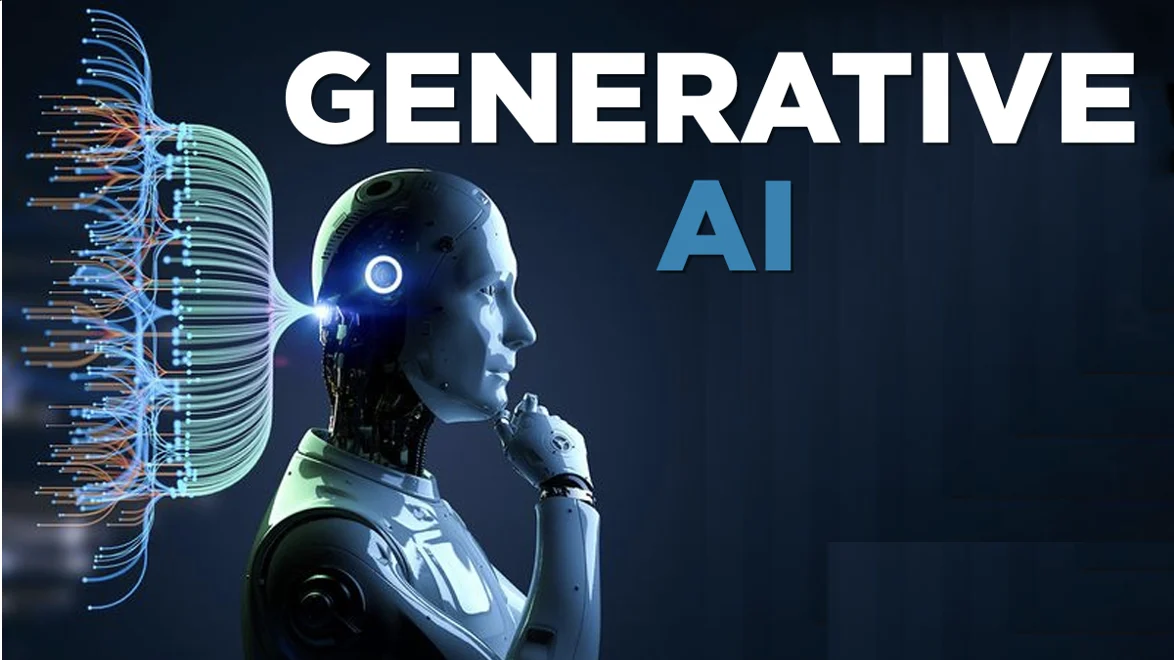What’s Happening?
The AI race between the U.S. and China is heating up, and Nvidia—a leading U.S. chipmaker—has emerged as the cynosure of global tech and policy discussions. Its AI chips are the gold standard, powering everything from data centers to generative AI models like ChatGPT. But Washington’s national security policies are changing the game.
The Hopper H20 Chip: Flashpoint of the Rivalry
The Hopper H20, one of Nvidia’s most advanced chips, has been restricted from sale in China under U.S. sanctions meant to curb Beijing’s access to cutting-edge AI capabilities. Nvidia CEO Jensen Huang confirmed the company is no longer modifying the Hopper chip for China, signaling the end of the line for legal AI exports from that series.
Why Is This Important?
- China accounts for 13% of Nvidia’s revenue — nearly $17 billion in FY2024.
- Washington’s rules are designed to limit AI and semiconductor tech from aiding China’s military or surveillance advancements.
- Nvidia now faces growing competition from Chinese tech giants like Huawei, who are developing homegrown alternatives.
Nvidia’s Next Move: R&D in China?
Despite tighter restrictions, Nvidia plans to set up an R&D center in Shanghai, as reported by the Financial Times. This move suggests that China remains critical to Nvidia’s long-term ambitions — both as a market and as a talent hub.
What Did Jensen Huang Say?
“It’s not Hopper because it’s not possible to modify Hopper anymore,” said Huang.
He also stated that earlier U.S. AI export regulations were flawed, arguing instead for the global diffusion of U.S. technology, not its restriction.
 U.S. Policy and Political Tug-of-War
U.S. Policy and Political Tug-of-War
- Under President Biden, new rules were implemented to restrict AI chip exports to China.
- Donald Trump, if re-elected, has promised to cancel the AI Diffusion rules, indicating possible shifts in export policies post-2024 elections.
The Big Picture: Who Wins the AI War?
- Nvidia remains a powerhouse but faces geopolitical limitations.
- China is doubling down on self-reliance with Huawei and others accelerating domestic chip design.
- The U.S. is balancing innovation leadership with national security—a line that’s becoming harder to walk.
Conclusion
Yes, Nvidia is indeed the trump card in the AI race between the U.S. and China. With the Hopper H20 chip under fire, a billion-dollar market in limbo, and political crosswinds from both sides, this is more than just a tech story—it’s a global chess match. Nvidia’s next chip and Washington’s next move could define who leads in the AI-powered future.


 U.S. Policy and Political Tug-of-War
U.S. Policy and Political Tug-of-War